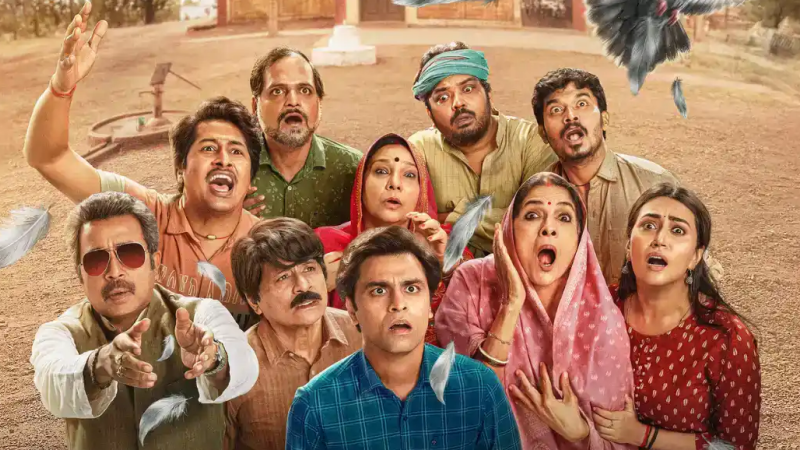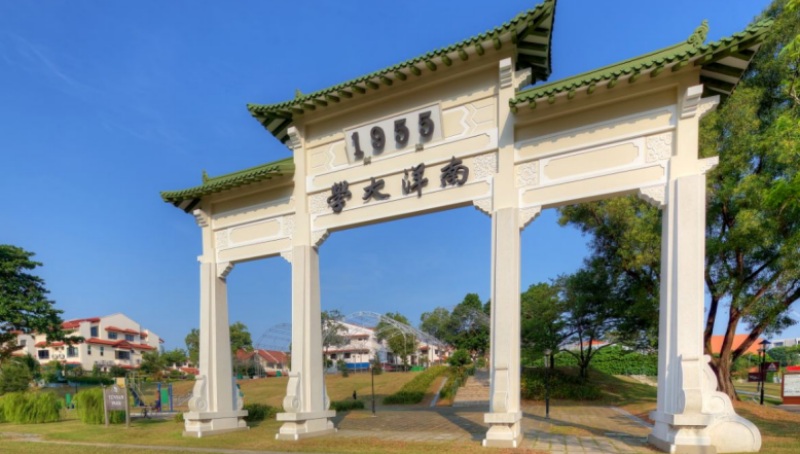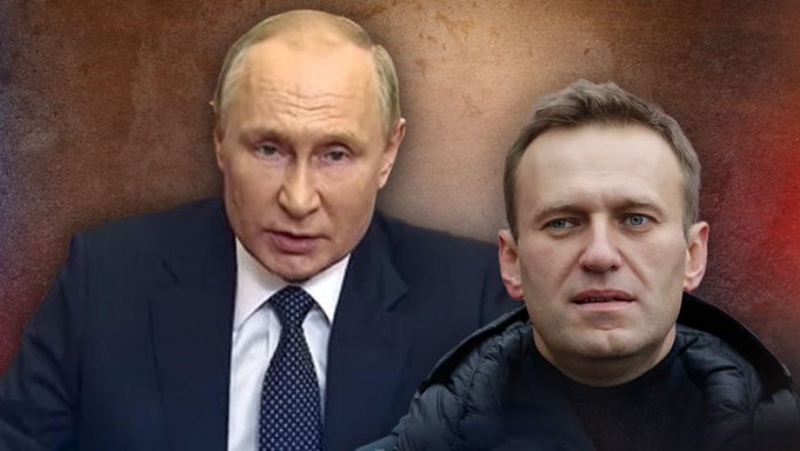
Paris. France goes to the polls on Sunday for the first round of a bitterly fought presidential election, crucial to the future of Europe and a closely-watched test of voters’ anger with the political establishment.
Nearly 47 million voters will decide, under tight security, whether to back a pro-EU centrist newcomer, a scandal-ridden veteran conservative who wants to slash public spending, a far-left eurosceptic admirer of Fidel Castro or appoint France’s first woman president, to shut borders and ditch the euro.
The outcome will be anxiously monitored around the world as a sign of whether the populist tide that saw Britain vote to leave the EU and Donald Trump’s election in the United States is still rising, or starting to ebb.
Emmanuel Macron, 39, a centrist ex-banker who set up his party just a year ago, is the opinion polls’ favorite to win the first round and beat far-right National Front chief Marine Le Pen in the two-person run-off on May 7.
फॉर them to win the top two qualifying positions on Sunday would represent a seismic shift in the political landscape, as the second round would feature neither of the mainstream parties that have governed France for decades.
“It wouldn’t be the classic left vs right divide but two views of the world clashing,” said Ifop pollsters’ Jerome Fourquet. “Macron bills himself as the progressist versus conservatives, Le Pen as the patriot versus the globalists.”
But conservative Francois Fillon is making a bit of a comeback after being plagued for months by a fake jobs scandal, and leftist Jean-Luc Melenchon’s ratings have surged in recent weeks. Any two of the four is seen as having a chance to qualify for the run-off.
The seven other candidates, including the ruling Socialist party’s Benoit Hamon, two Trotskyists, three fringe nationalists and a former shepherd-turned-centrist lawmaker are lagging very far behind in opinion polls.
Months of campaigning has been dominated by scandals which have left many voters agonizing over their choice. Some 20-30 percent might not vote and about 30 percent of those who plan to show up at the polling stations are unsure whom to vote for.
अड्डिंग uncertainty to France’s most unpredictable election in decades, pollsters say they might not be able to give precise estimates of the outcome at 8 p.m. (1600 ET) as usual, because small and medium-sized polling stations will be open one hour longer than in past elections.






















